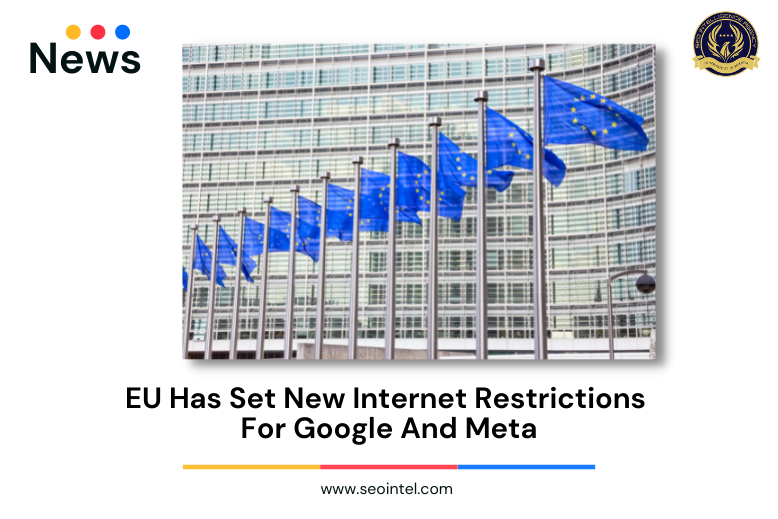
Under new internet laws adopted on Saturday by European Union governments and EU lawmakers, Alphabet’s (GOOGL.O) unit Google, Meta’s (FB.O), and other giant online platforms will have to do more to combat illicit content or face heavy fines.
Targeted advertising aimed at children, as well as advertising based on sensitive data such as religion, gender, race, and political beliefs, are now prohibited under the new guidelines. Dark patterns, which are tactics that mislead people into giving personal data to companies online, will also be prohibited.
In a tweet of EU antitrust chief Margrethe Vestager said, “We have a deal on the DSA: The Digital Services Act will ensure that what is illegal offline is equally seen and dealt with as illegal online – not as a slogan, but as reality.”
Dita Charanzova, an EU senator who had sought for such measures eight years ago, praised the accord.
“Google, Meta, and other large internet platforms will have to act to better protect their users,” she said, adding that “Europe has made it clear that they cannot behave as independent digital islands.”
“Details will matter as the law is established and applied,” Google stated in a statement. “We’re excited to engage with policymakers to iron out the remaining technical details so that the law works for everyone.”
Companies who violate the DSA face fines of up to 6% of their global revenue, and repeat violations might result in them being barred from doing business in the EU.
Very large online platforms and online search engines will be required to take specific measures during a crisis. The invasion of Ukraine by Russia and the resulting disinformation prompted the move.
Regulators and researchers may be obliged to access data relating to the corporations’ algorithms.
Companies must also pay a yearly fee of up to 0.05 percent of their global annual revenue to fund the costs of compliance monitoring.
It is said that DSA will be implemented in 2024.